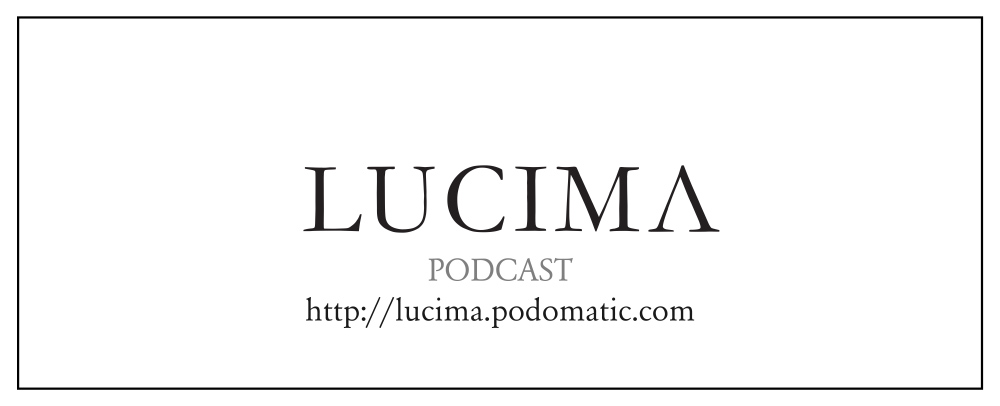Plato said, "Necessity is the mother of all invention."
It is the single source of everything that I am and everything that I'm not.
Simply put, this philosophy is both my greatest strength and my greatest weakness.
I've written about the "what if" game throughout my blog. That's when you ask, "What if [fill in the blank]...? It's the perfect game for genres such as photography, where you can make small changes over many iterations that ultimately lead to a course correction or branching off into a new area of growth. Like "What if I use this blue filter in my channel mixer and then change it to monochrome and then change that layer to luminosity blend?". Well, that series of decisions turns skin tones much darker and allows me to make highlights and shadows in the skin that wouldn't otherwise be visible.
You're probably wondering, "How do I know when to play the "what if" game?" The answer is YMMV (your mileage may vary). I play it all the time. It's who I am. I'm dissatisfied with the way the world is. I do not accept things at face value. And I don't believe I have to lower my standards to suit your needs. Therein lies the heart of how I do anything and everything. It's what allows me to grow constantly, and it's what makes me a very difficult person to deal with. I'd venture so far as to say it's what makes the lives of those around me very difficult. For example, my wife says, "Nothing is ever good enough for you."
And she's right.
I've always had a problem with contentment. A fear of contentment, rather. The fear that I'll stop growing if I settle for what I have. A lot of people know this as "the grass is always greener on the other side" syndrome. Yeah, I have that. Or rather, I'm curious to know what's on the other side, so I have to see for myself (because I won't accept it if you just tell me).
So I've never lived with the fear of being copied. Sure, you can copy some techniques, some adjustments, or some photographic elements that I employ (like prisms), but you won't be able to recreate the essence of my style because you're not me. You don't have my "disease", so you won't wonder what, why, and how, and then make subsequent changes to accommodate those questions. You're probably a happier person than I am. Living in a state of constant dissatisfaction only leads to unhappiness and conflict with the world around you.
So ultimately it's a double-edged sword. Stagnation is contentment's "next of kin". You don't evolve or change as quickly as I do because you don't ask why. The reason you don't ask why is because you don't wonder why it can't be better. And the reason you don't wonder why it can't be better is because you're not unhappy with the way it already is.
Then nothing changes.
I've seen comedians wonder if they'd be funny if they hadn't suffered some trauma in the past. Many of them attribute their genius to drug abuse and other bad choices they make in life. Many of them eventually discover that there's a delineation between constant self-destruction and past trauma. Just because you've suffered in the past doesn't mean you must continuously suffer in order to be funny. Comedians who have gone clean usually realize that they are just as funny without the self-destructive behavior. Their perspective is already forever altered by the events of the past. Continuing to suffer might make for new material, but it isn't entirely necessary since you already possess a unique lens with which you see the world. For comedians, humor is the point of reference for interacting with this world. They can't help but see things in a funny light. They're simply not satisfied with not picking at loose threads, wondering, or thinking about how ridiculous the world is if you think about it.
Comedians clearly don't take things at face value. If they did, they wouldn't have jokes.
Maybe the question should instead be, "Can you learn to be dissatisfied with the world? My gut feeling is, "No, being dissatisfied is innate. Even if it was brought on by some past trauma, that trauma had to first interact with some root of who you are to create the questioning nature. For example, if you're an incredibly forgiving person and don't hold onto pain and misery, I don't believe past trauma would affect you the same way as it does others. You'd make peace with all the events of the past and be happy and content.
But you also wouldn't have my madness.

No comments:
Post a Comment